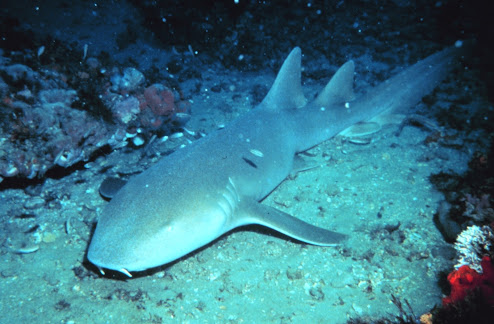“We don’t want to just apply chemicals to the ocean without fully understanding what happens,” said Senior Research Scientist Christoph Aeppli, lead author on the study. “We want to know that dispersants are as effective as they can be to help ecosystem recovery.”
Oil spills impact life at every level of the ocean food web, and emergency response efforts must move quickly to minimize the damage after they occur. Crews could wait until oil washes ashore to clean it up, but its toxic compounds can persist for decades and damage sensitive ecosystems.
Chemical dispersants can be used to address spills at sea by breaking oil into small droplets that get mixed into the water and diluted rapidly. When dispersants are applied, oil typically persists in the water column for much less time than they would on shore even though oil droplets temporarily increase the toxicity in the water. However, adding additional chemicals to the environment has been controversial.





.jpg)









.jpg)
